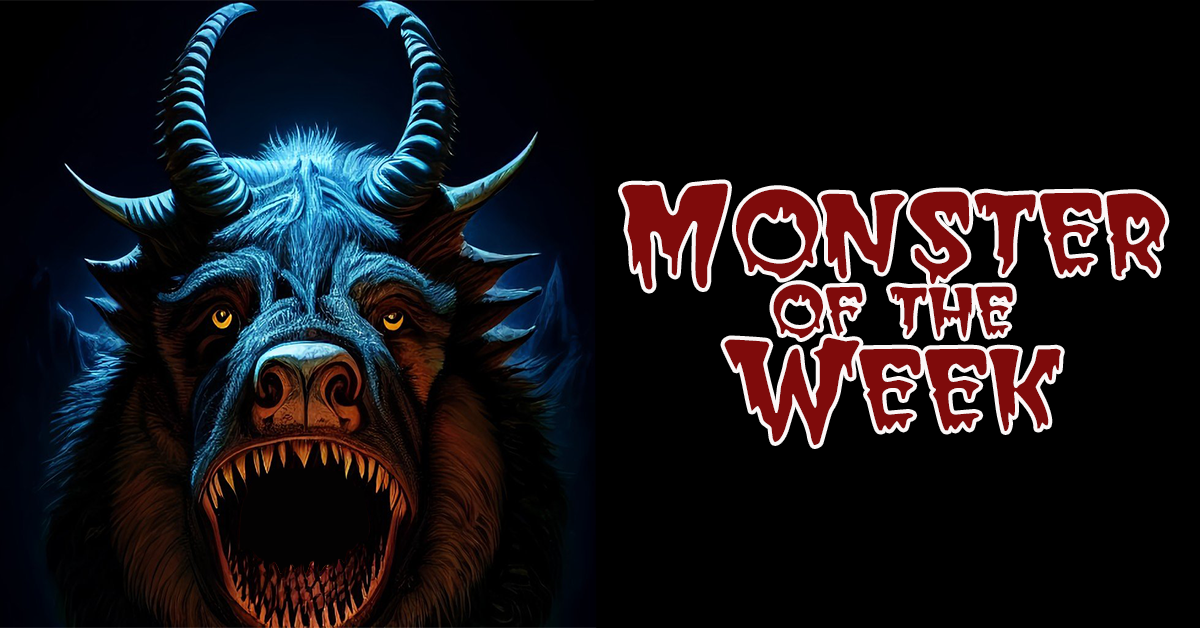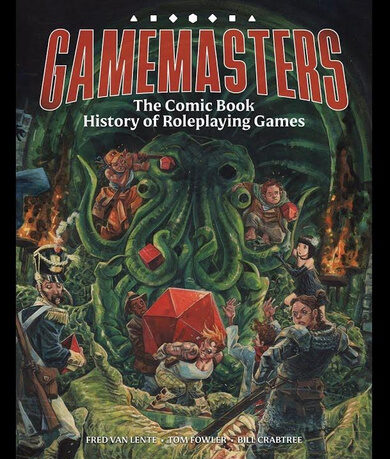We may earn money or products from the companies mentioned in this post.
Time to burn through the last of these character classes. I vaguely remember something about the next chapter seeming ineteresting.
Rogues
- Thieves Cant now includes Hobo Signs. If a Locoviathan shows up in the 5E Monster Manual, we might have to sober up our lawyer.
- Rogues have three “Roguish Archetypes” (it’s like they just didn’t feel like trying): Thief, Assassin, and Arcane Trickster.
- The Thief is pretty much what you expect.
- The Assassin is more of a Disguise Artist with a couple of murder skills.
- The Arcane Trickster is basically the master of the Mage Hands spell, but also gets the weird ability to steal a spell from someone as if it were a physical object (the original caster can’t use the spell during the time the Trickster can cast it).
The remaining classes are all different flavors of Magic-Users.
Sorcerers
- Much like Harry Potter, John Boorman’s interpretation of Merlin, and Queen’s Freddie Mercury, Sorcerers are born with magical powers.
- Sorcerers get their powers from “an exotic bloodline, some otherworldly influence, or exposure to unknown cosmic forces.” The first two have well-established precedents in fantasy literature, but I’m pretty sure they last one is just Marvel-style Cosmic Rays. Have the Fantastic Four secretly been wizards all along?
- Sorcerers have spell points (called Sorcery Points), but they immediately get converted into Vancian spell levels, at least for purposes of spell selection. You can also use them to do things that were accomplished my Feats in 3E, like increasing range, duration, effect, and other spell stats. It’s like the game wants to introduce new and better magic mechanics, but just can’t let go of the Old Ways. I realize that Vancian magic, dumb as it may be, is a hallmark of the D&D genre, but can’t they let one lousy class use a magic system more in tune with the rather expansive “not Jack Vance” subgenre of fantasy fiction?
- Sorcerers have a Sorcerous Origin: Draconic (Grandpa fucked a dragon; delicately described in the book as “some other exceptional circumstance” but I think we all know they mean dragon fucking) or Wild Magic (Cosmic Rays, I guess). Given the description of where sorcerers get their magical power from the beginning of the class write-up, this seems like a very limited selection of options.
- The dragon fuckers get dragon-related powers: bonus HP, dragon scales that improve AC, bonuses for spells associate with the dragon ancestor’s breath weapon, the ability to sprout wings, and dragon fear.
- Wild Magic Sorcerers allow the GM to roll out the old Wild Magic table that’s been around since 2E (longer if you count its obvious ancestor, the Wand of Wonder) and get to do some luck-style dice fuckery.
- Josh Burnett should be happy to know that one of the wild magic effects is the random appearance of 1d6 flumphs.
Warlocks
- Warlocks are kind of like clerics, but with wizard magic. And they get their spells from demons, fairies, or Cthulhu. So basically they’re the kind of wizard that usually shows up in real-world folklore and magical realist fiction. The probably smell like either old money or patchouli and feet.
- In addition to spells, Warlocks get Eldritch Invocations. Most of them are just free spells, but a few give you other abilities.
- At 3rd Level, Warlocks get either a familiar, a weapon that can magically appear out of nowhere and take any form the Warlock wants, or a Book of Shadows that lets them cast a few cantrips. One of these things seems significantly less useful than the other two (Though the Cthulhu version of the Book of Shadows may make up for usefulness with style, since it’s the Necronomicon (Mad Arab version; the Evil Dead version would definitely make up for usefulness with cool points).
- As you’ve probably already guessed, the Warlock subclasses are based on your Otherworldly Patron: Archfey, Fiend, or The Great Old One. These work basically like you’d expect, though the Fiend Warlock’s ability to literally smack someone into Hell seems kind of excessive.
- Mentioning Demogorgon post-Stranger Things almost seems like name-dropping.
Wizards
- The Wizard is of course the new(ish) name for your favorite guano connoisseur, the Magic-User.
- Wizards have to be specialist wizards in this edition, so the subclasses are the eight schools of magic. Are there really only 8? For some reason I thought there were nine. Maybe it’s just because 9 is a mystically sexier number, so I’ve been adding one all these years. Well damn.
- Transmuter’s Stone? Really?
- Man, Dungeons & Dragons is just the master of making magic boring as shit, isn’t it?
Next week: Chapter 4: Almost Certainly More Interesting Than Schools of Magic.






